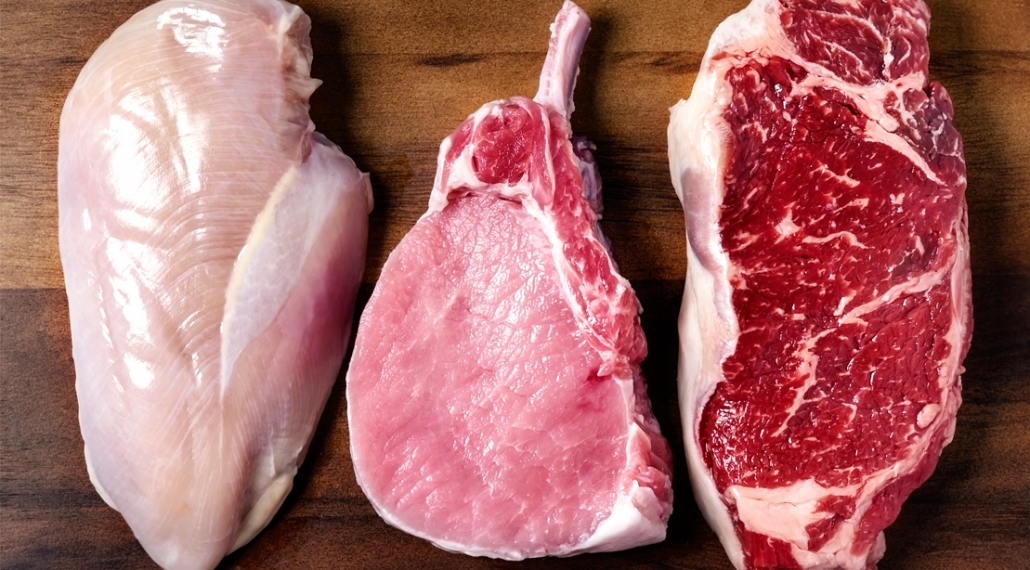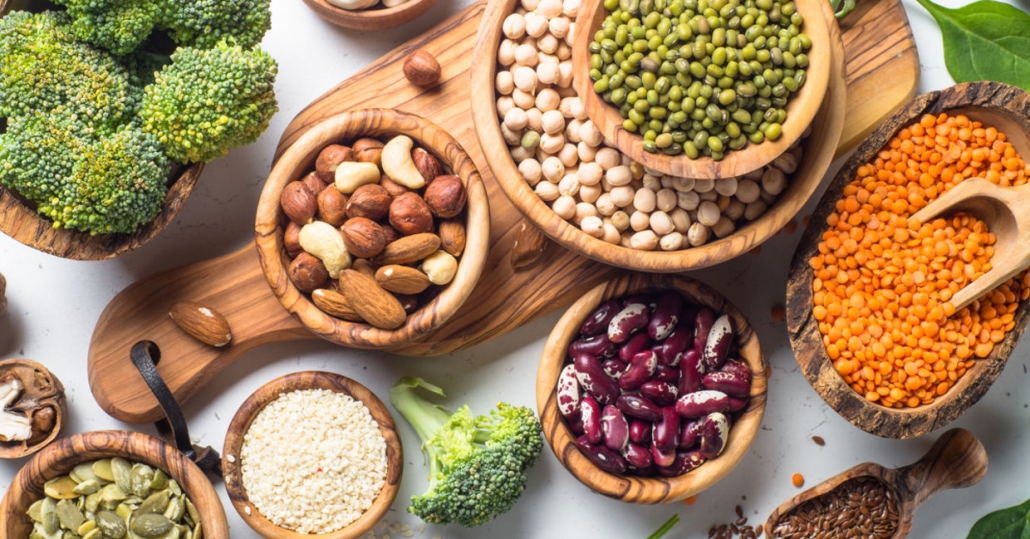You’ve probably read or heard about the importance of protein and the role it plays in our body. The importance of protein to our body remains unparalled and priceless.
Protein is important and has more to offer in our body system than we may think of.
One, protein is integral for building muscle blocks in our body. Secondly, protein is essential for keeping our immune system strong and helps to improve the overall health of bones and tendons. Protein is also responsible for many metabolic reactions in our bodies.
There is a close relationship between weight loss and protein. Here is a tip:
All proteins are not equal
Quality first: Quality counts a lot. But realistically what’s the difference between normal protein and “high-quality protein”.
It can be confusing and one thing that doesn’t get enough attention.
Helpful tip: It’s easy to distinguish between high-quality protein from lesser-quality protein. Here is a list of some high quality protein sources.
Sources of high-quality protein
- Beef
- Pork
- Eggs
- Soybeans
- Fish
- Bean
- Chicken
To have a better understanding of why not all proteins are equal, keep reading this article.
From the list above you will realize that most proteins sources come from animal products. This is because animal products have higher protein concentration in comparison to plant-based counterparts.
But do not panic, veggie-based proteins can be a great alternative especially to people who are on a strict diet. Animal products can become a problem hence advocacy for plant-based proteins.
What is High-quality protein?
A high-quality protein is basically defined by three things:
- Amino acid composition.
- Digestibility of protein.
- Availability of Amino acid to support metabolic functions.
Digestion of food normally begins in the mouth all the way to the small intestines. Protein, on the other hand, begins to be broken down starting from the stomach all the way to the small intestines.
As proteins move along the digestive system, acidic juices and super-powerful enzymes help to break down proteins into amino acids. These are the building blocks of proteins.
Before these chains can be absorbed into our bodies they need to break into small absorbable amino acids. It’s only by making them small that they can be transported and used by the body.
Unused amino acids are placed under a pool referred to an amino acid pool. Here they are stored with other amino acids so that the body can only utilize the needed amino acids.
Essentially the body uses only the required amount of amino acids and leaves behind what is not required.
Animal-based proteins

Animal products have the protein that tends to mimic thet protein content found in human tissues. As a result, meat has a high content of amino acids. This makes it possible for humans to synthesize animal-based products efficiently and effectively.
Animal-based products known for high content of protein include eggs, milk, beef and fish. All these high-quality proteins products are easily synthesized and used by the body.
Dairy products are known for their rich wealth of amino acids including a high content of leucine. Scientific studies have shown that chronic exercising fans benefit from consuming milk as it helps to promote muscle synthesis.
Bone broths and collagen have a high potential for supporting tissue function within the body. Collagen has a high content of proline, glycine and hydroxyproline.
On the other hand, bone broths have a wide range of health benefits but lack the capacity for muscle building. Consider adding meat or chicken to the broth to add more content of amino acids in your plate.
What’s the composition of protein you are consuming
Each and every source of protein has its own profile of amino acids. These amino acids are the determining factor for the quality of the protein you are consuming.
Your body has the capacity to produce different amino acids on its own. Here are the amino acid your body cannot be able to produce.
- histidine
- isoleucine
- leucine
- lysine
- methionine
- phenylalanine
- threonine
- tryptophan
- valine
The above amino acids are referred to as “essential amino acids” and we need them in our daily diet. Any food that has all the nine essential amino acids is referred to as “complete protein meal”.
Plant protein

Plant-based protein sources have an amino acid composition that tends to vary with that found in animals and humans. Most plant-based sources of protein have a low concentration of various amino acid and especially Leucine. Leucine is critical for helping to turn muscle protein synthesis (MPS).
MPS helps to build and repair muscle tissues hence its importance. Soy and selected plant sources having pea protein are the only exceptions.
These plant-based sources of protein contain nearly all the essential amino acids required by our bodies. With exceptions of these two sources, other plant-based protein sources are not complete.
This means that consuming only one plant-based source of protein is not enough to support your body growth and daily maintenance.
Helpful tip: Combining several different plant-based sources of protein will help you get an adequate amount of essential amino acids.
Examples of high plant-based sources of proteins include a combination of grains and legumes. A soup made from these products has a high concentration of protein. They are referred to as complementary proteins.
Take note
You do not necessarily need to consume a high quantity of proteins to satisfy your body. Remember that your body has the capacity to store amino acids and then use them when need to. So even if you consumed some whole grain products as your breakfast and beans as your supper, you are well covered.
Final takeaways:
If you are a vegetarian consider mixing different food and make a research of different plant-based sources of protein.
Veterinarians need to add more protein to their body since plants based sources of protein are known for low content of protein.
The exact content of protein your body needs will greatly depend on the quality of the protein you eat.
